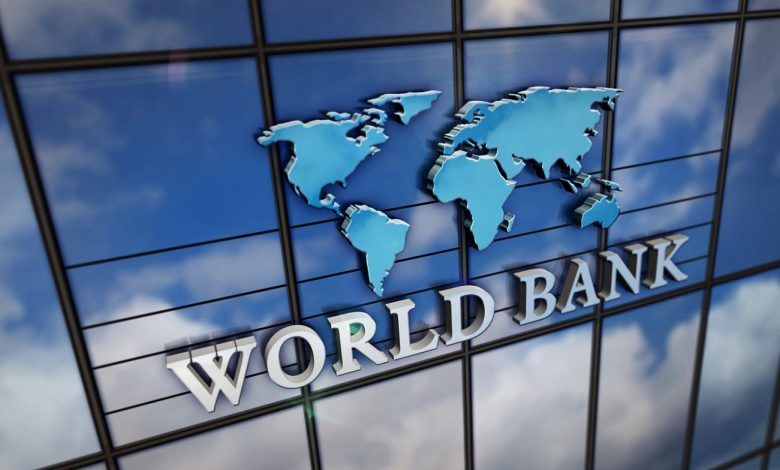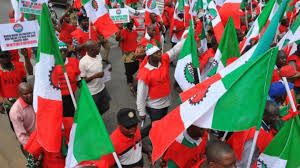
The World Bank has disbursed an additional $215 million to Nigeria under the $800 million National Social Safety Net Programme Scale Up (NASSP-SU), raising total disbursements to $530 million 66.25% of the total facility despite lingering concerns about fraud, governance lapses, and implementation challenges.
Checks on the Bank’s website on Thursday confirmed the new inflow, although the exact transaction date was unavailable as of April 30, 2025, suggesting the release occurred very recently. The cumulative figure marks a significant jump from the $315 million recorded by the end of 2023.
Approved in December 2021, the facility was designed to provide conditional cash transfers to Nigeria’s poorest and most vulnerable households, helping cushion the impact of economic shocks, particularly the removal of petrol subsidies. Initially structured around N5,000 monthly payments, the scheme was later modified under the Tinubu administration to deliver N25,000 monthly for three months to around 15 million households nationwide.
Disbursements and Delays
The programme saw its first major disbursements in October and November 2023, with $300 million and $15 million released, respectively. However, implementation was delayed for nearly 17 months following approval, largely due to administrative bottlenecks and political transitions.
Despite the delay, Nigeria incurred interest charges exceeding $6.18 million under the loan agreement (IDA-70190). In January 2024 alone, Nigeria made over $1.81 million in interest payments, followed by an additional $5.36 million in July 2024, even as a substantial portion of the loan remained undrawn.
Corruption Scandals and Governance Failures
The programme’s credibility has been undermined by a series of corruption scandals within the Federal Ministry of Humanitarian Affairs and Poverty Alleviation, the supervising agency.
In December 2023, the Economic and Financial Crimes Commission (EFCC) uncovered a ₦37.1 billion fraud linked to the ministry under former Minister Sadiya Umar-Farouq, involving the diversion of funds meant for vulnerable citizens through fictitious contractors.
Her successor, Dr. Betta Edu, was suspended by President Tinubu in January 2024 after authorising the payment of ₦585 million into a private account—an action flagged by the Office of the Accountant-General as violating public finance regulations. That same month, the EFCC confirmed the recovery of ₦32.7 billion and $445,000 linked to the scandals.
Further controversy ensued with the arrest of Halima Shehu, former National Coordinator of the National Social Investment Programme Agency (NSIPA), for allegedly transferring ₦44 billion to suspicious accounts.
Government Response and Reforms
In response to the widespread irregularities, President Tinubu appointed Finance Minister Wale Edun to lead a special panel tasked with reviewing and restructuring Nigeria’s social protection framework. The government has also mandated beneficiary registration through Bank Verification Numbers (BVN) and National Identity Numbers (NIN) to enhance transparency in future disbursements.
World Bank Concerns and Sanctions
Despite the scaled-up disbursement, the World Bank’s January 2025 Implementation Status Report rated Nigeria’s performance as only “moderately satisfactory”, citing persistent issues with financial management, procurement, and monitoring and evaluation the last two rated “moderately unsatisfactory.”
Additionally, the Bank has taken disciplinary actions to address fraud within the project:
- In January 2025, the Bank announced a 30-month debarment of Nigerian firms Viva Atlantic Limited, Technology House Limited, and their CEO Norman Bwuruk Didam, over collusive and corrupt practices, including falsified bids and bribes to project officials.
- In March 2024, consultant Akuboh Victor Uneojo was debarred for over two years after admitting to making illicit payments aimed at influencing contract decisions.
These sanctions, under the World Bank’s anti-corruption guidelines, bar the named individuals and entities from participating in any World Bank-funded project during the suspension period.
Programme Outlook
The NASSP-SU is scheduled to close on December 31, 2025, unless Nigeria requests an extension. Its predecessor, the National Social Safety Nets Project (NASSP), launched in 2016 with $500 million in IDA funding, officially ended in December 2022. Both programmes have been plagued by persistent allegations of mismanagement, despite their critical role in addressing poverty.
The National Social Safety Nets Coordinating Office (NASSCO) and the National Cash Transfer Office (NCTO) remain central to implementing the programme, overseeing the social register and disbursement logistics, respectively.
As the programme nears its conclusion, stakeholders are closely watching whether Nigeria can overcome its transparency hurdles and ensure that the remaining funds approximately $226.73 million reach the citizens they are meant to support.





